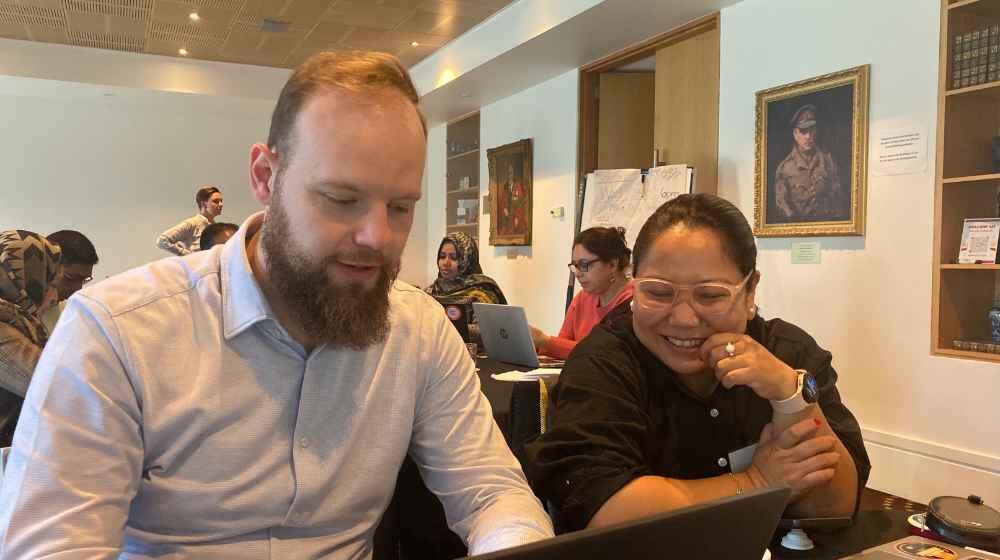As the world observes the 16 Days of Activism against Gender-Based Violence (GBV) from 25 November to 10 December, it is imperative to recognize the critical role of data in combating this pervasive issue. Robust data is essential to understand the prevalence, patterns, and trends of GBV, enabling us to design effective prevention and response strategies.
Data serves as the bedrock for comprehending the complexities of GBV, allowing us to identify the populations most at risk and tailor interventions accordingly. Without comprehensive data, our efforts to combat GBV risk being misdirected and ineffective.
Despite its significance, data on GBV is often unavailable, underutilized or collected in an unethical way. This is particularly true in low-income countries like Nepal, where national capacity to collect and analyze this data is limited and a significant proportion of women and girls lack access to essential services and support.
To address this critical gap, the UNFPA Asia Pacific Regional Office, in partnership with the University of Melbourne and Australia's National Research Organisation for Women's Safety, has been organizing the kNOwVAWdata training course funded by the Australian Department of Foreign Affairs and Trade, to build the capacity of professionals and researchers across Asia and the Pacific to collect and analyze data on the prevalence of violence against women.
We were pleased to be part of this kNOwVAWdata training course alongside national stakeholders and fellow UNFPA colleagues from Asia and the Pacific. It provided valuable insights into the challenges and opportunities associated with collecting and utilizing GBV data, including on the importance of specialized skills to generate high-quality data on GBV in a safe and ethical way..
The course covered the complex process of conducting a national prevalence survey, from study design to the dissemination of study results. While quantitative data from a survey provides the most accurate estimate of the extent of the problem, the course emphasized the importance of collecting complementary qualitative data to gain a comprehensive understanding of the violence against women landscape.
In addition, the course discussed the generation and use of administrative data from GBV service delivery points, which is another key source of data on violence against women.
We learned that protecting respondents' confidentiality and providing support for those who disclose violence are crucial considerations when collecting data on GBV, as is taking care of the wellbeing of field workers because they deal with sensitive issues firsthand. Through role-play and practical exercises, we also learned that it is essential to provide specialized training to field researchers to address gender biases, develop empathetic interview skills and deal with difficult situations
Coming out of this course and back into our everyday work lives in Nepal, one thing is clear: we must invest in ethical, reliable, and comparable data on the prevalence of GBV.
Many other countries in the region have already conducted or are planning to conduct a nationally representative prevalence survey and we hope we can do the same in Nepal together with the Government. There is much to learn from the experiences of other countries from the region in conducting dedicated surveys to measure violence against women.
In the meantime we are exploring options to conduct a secondary analysis of the domestic violence data from the Nepal Demographic and Health Survey 2022. This will help us to fully harness the existing data to gain further insights into risk factors of violence and its impacts on women’s mental, sexual and reproductive health.
Let's utilize this 16 Days of Activism to call for more investments in ethical, reliable and comparable data on the prevalence of violence against women and scale up efforts to tackle harmful social and gender norms to prevent violence against women. Together, we can make a difference in the lives of women and girls and end the scourge of gender-based violence.
Authored by:
Patrick Duerst, Monitoring and Evaluation Specialist, UNFPA Nepal
Smriti Gurung, Programme Analyst, UNFPA Nepal


